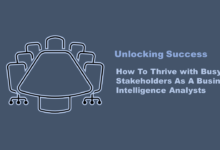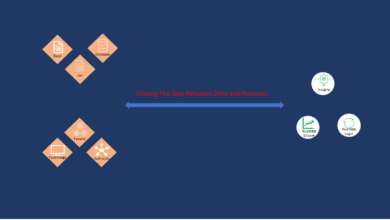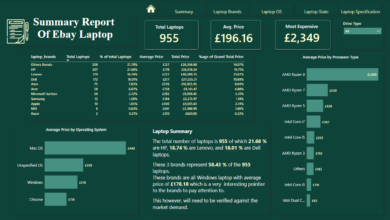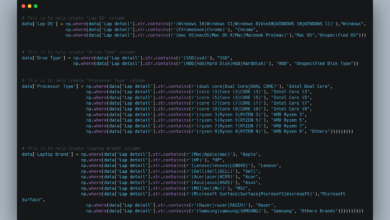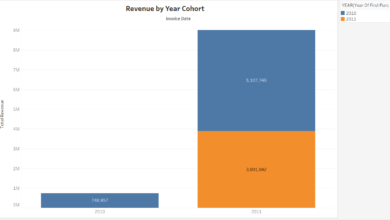New BI Analyst’s Guide to Joining Ongoing Business Intelligence Projects
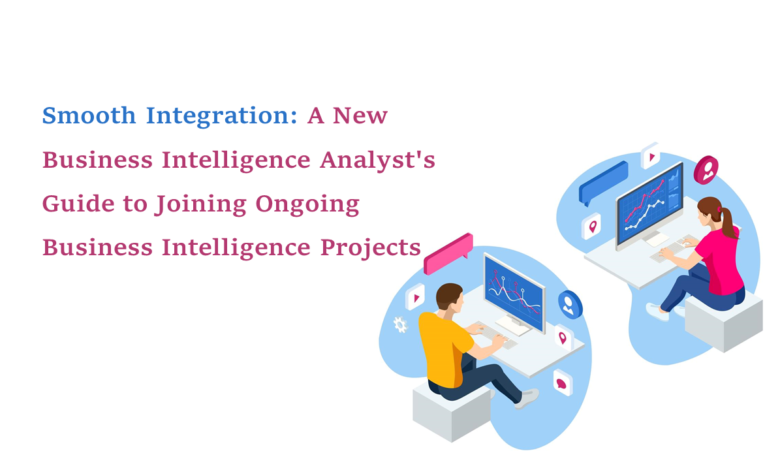
Introduction
Joining an ongoing Business Intelligence (BI) project as a new BI Analyst can be both exciting and challenging. While the opportunity to work with real-world data and deliver valuable insights is invigorating, understanding the complexities of the business, dataset, and existing operations can be daunting.
In this article, we will explore key considerations and effective methods to help a new BI Analyst integrate seamlessly into an ongoing BI project. By following these steps, BI Analysts can optimize their onboarding process and make a meaningful impact on the project’s success.
Understand the Business Domain
To hit the ground running, the first step for a new BI Analyst is to immerse themselves in the organization’s business domain.
Understanding the industry, the company’s processes, and the key stakeholders will provide invaluable context to their work.
This foundational knowledge will enable them to generate more relevant insights and reports for the business.
Study Existing Documentation
As a new team member, gaining access to existing project documentation is crucial.
Reviewing documents such as data dictionaries, technical specifications, stakeholder requirement, project requirement, and strategy documents will provide insights into the project’s scope and current state.
It will also help the BI Analyst understand the project’s objectives, data sources, and reporting requirements.
Engage in Knowledge Transfer Sessions
Collaboration with experienced team members is vital for a smooth integration. Organizing knowledge transfer sessions will allow the new BI Analyst to receive guidance and insight into the existing data model, reports, and dashboards.
These sessions facilitate an understanding of how the project has evolved and the rationale behind certain design choices.
Communicate with Stakeholders
Building strong relationships with business stakeholders, data owners, and subject matter experts is essential.
Engaging in meaningful conversations with them will provide valuable insights into their needs, pain points, and expectations from the BI project.
This information will shape the direction of the BI Analyst’s work and ensure that the delivered insights align with business goals.
Study Data Sources and Data Quality
A thorough understanding of the data sources used in the BI project is crucial. Assessing data quality and identifying any gaps or issues early on will save time and effort later in the project.
This step also helps the BI Analyst gain confidence in the accuracy and reliability of the data they are working with.
Leverage BI Tools and Technologies
Familiarity with the BI tools and technologies being used in the project is a must. If the BI Analyst is new to these tools, they should consider seeking training or guidance from experienced team members.
Proficiency in the tools will enhance their productivity and enable them to deliver high-quality reports and visualizations.
Adopt Best Practices and Standards
Adhering to the organization’s data governance policies, data security measures, and other best practices is essential.
Following these standards ensures data integrity and security throughout the BI project. It also promotes consistency in reporting, making it easier for stakeholders to interpret and act on the insights.
Shadow Team Members
Observing and shadowing experienced team members can provide invaluable insights into workflows, problem-solving approaches, and best practices.
Learning from the expertise of others can significantly accelerate the new BI Analyst’s learning curve and help them become productive sooner.
Contribute Incrementally
It’s natural for a new team member to feel eager to contribute immediately. However, starting with smaller tasks and gradually taking on more complex assignments is a prudent approach.
This incremental approach allows the BI Analyst to build confidence, showcase their abilities, and demonstrate their commitment to the project’s success.
Ask Questions and Seek Clarifications
In a complex BI project, questions are bound to arise. A proactive approach to seeking clarifications and asking questions whenever in doubt is essential.
Clear communication prevents misunderstandings and ensures that the BI Analyst is aligned with the project’s objectives and requirements.
Document Everything
Throughout the integration process, it’s vital for the new BI Analyst to maintain comprehensive documentation.
Documenting findings, decisions, and actions not only helps the Analyst track their progress but also serves as a valuable resource for other team members and future reference.
Be Open to Feedback
Welcoming feedback from team members and stakeholders is a crucial aspect of personal and professional growth.
Constructive criticism helps you as a BI Analyst improve your skills, refine your work, and better align your efforts with business needs.
Participate in Team Meetings
Attending regular project meetings is essential for staying updated on progress, challenges, and upcoming tasks.
Active participation in discussions allows the new BI Analyst to contribute their insights and ideas, fostering a collaborative work environment.
Share Knowledge and Insights
As you gain expertise, you should be proactive in sharing your knowledge and insights with the team. Collaborative knowledge-sharing enhances the overall project’s success and demonstrates the Analyst’s commitment to continuous improvement.
Conclusion
Joining an ongoing Business Intelligence project as a new BI Analyst can be a rewarding experience with the right approach. By understanding the business domain, studying existing documentation, engaging in knowledge transfer sessions, and fostering effective communication, the BI Analyst can seamlessly integrate into the project.
Leveraging BI tools, adhering to best practices, and being open to feedback are essential steps for ensuring their contributions positively impact the project’s success. With patience, dedication, and a willingness to learn, the new BI Analyst can play a pivotal role in delivering valuable insights that drive business growth and success.

